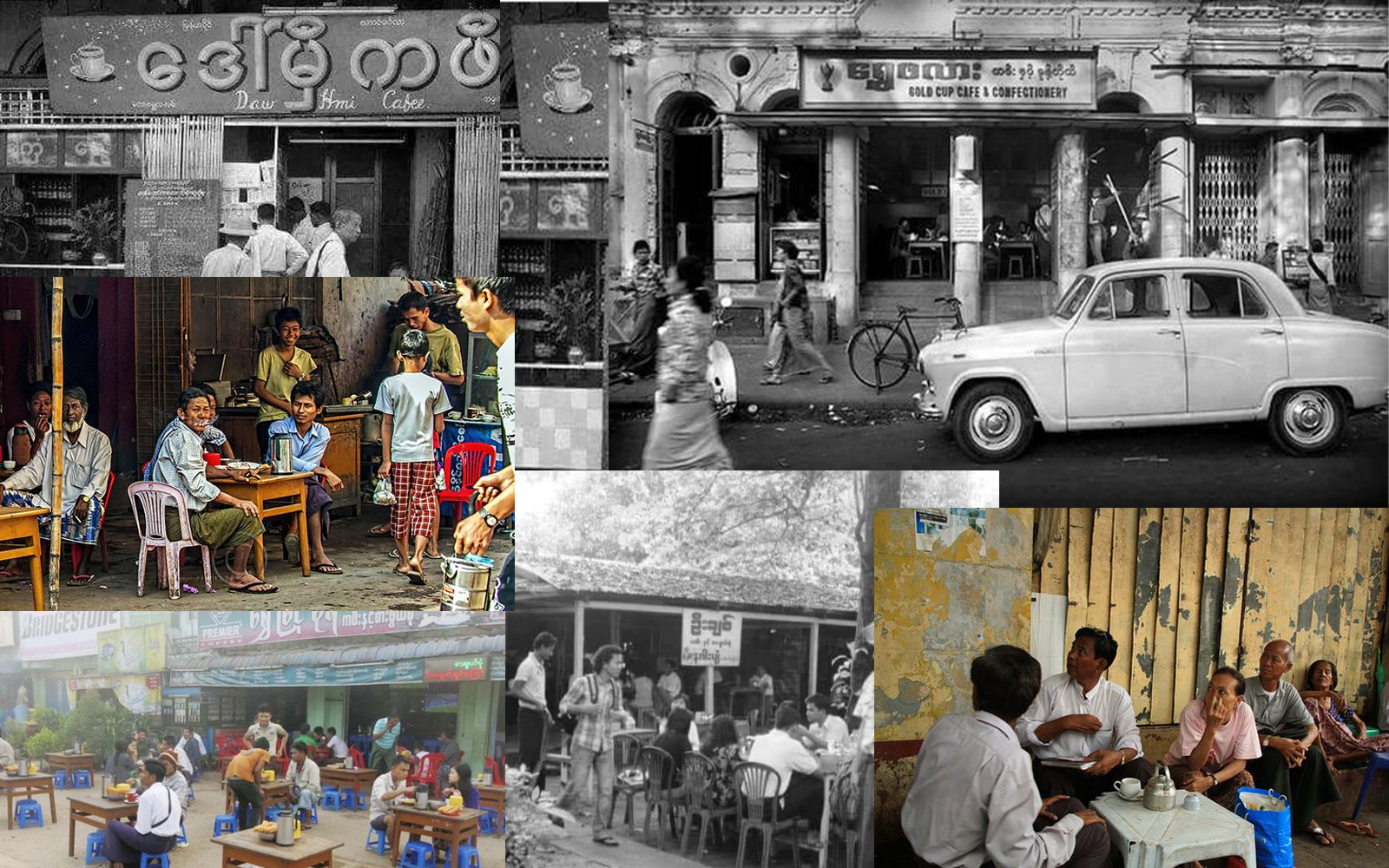
"Hey, my friends, it's already six o'clock. Let's head to the tea shop," as the lyrics from Kine Zar's song perfectly capture the essence of Burmese tea and tea shops. Tea shops in Myanmar are vibrant hubs of social life, where men gather from dawn till dusk to chat, read newspapers, and cheer for their favourite soccer teams, all while sipping on Laphet Yay, the beloved tea of Myanmar. Passed down through generations, the tea and tea shops hold a special place in the hearts of the Myanmar people.
Burmese Tea Culture in Myanmar
Historical records and research indicate that the first tea shops in the country were established by Indians. Looking back at the tea culture in ancient times, it is believed to have originated when King Thibaw was exiled to India in 1885. Some argue that tea drinking was brought to Myanmar by the British during the colonial era, and the culture has since flourished. Regardless of its origins, the fact remains that many people can't go a day without indulging in a cup of tea.
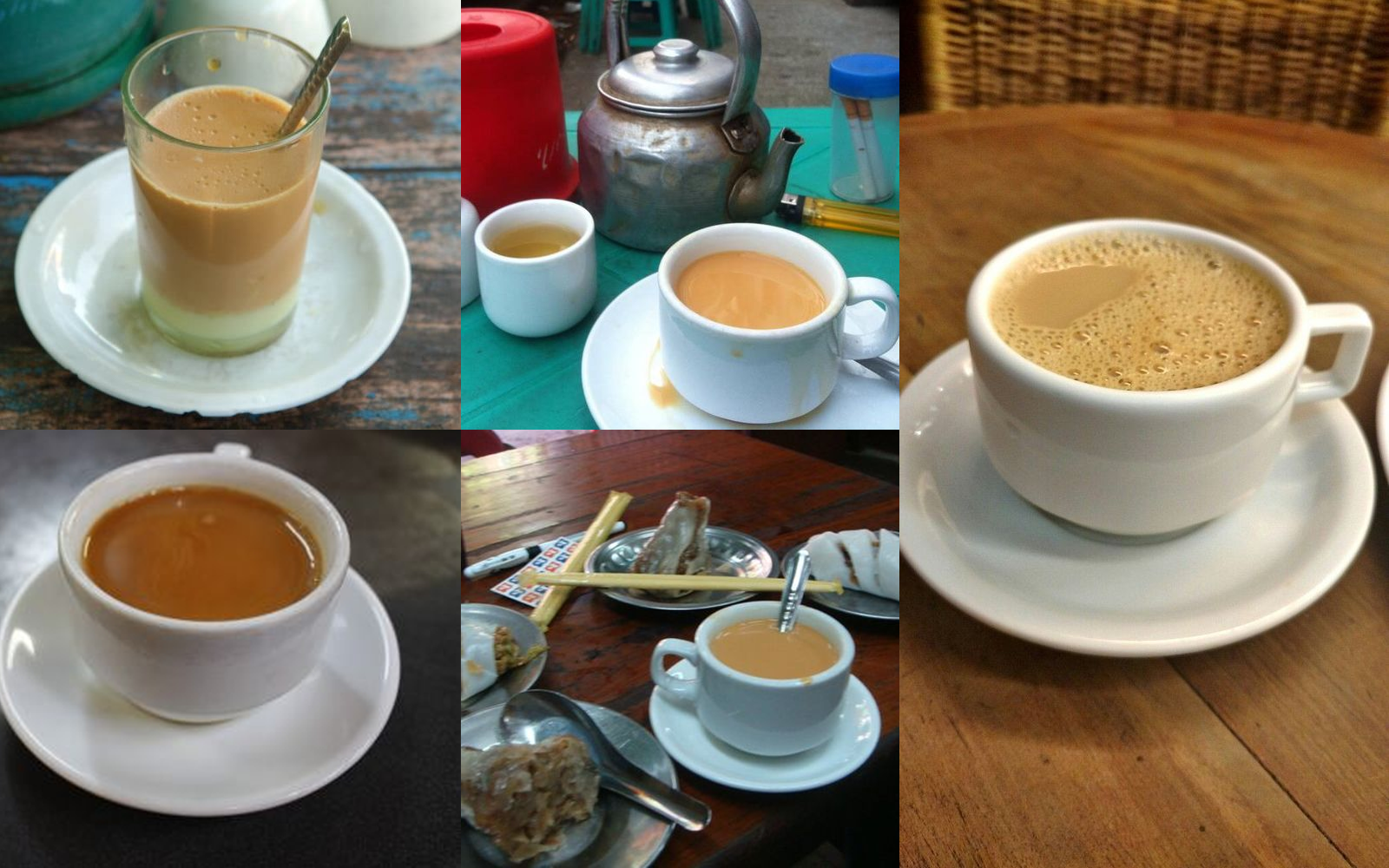
Ordering Your Cup of Tea (Laphet Yay)
As you pass by the neighbourhood tea shops during busy mornings, you may hear the familiar phrase, "Pone Mhan ta khwat swal mal hae – Here's an order of Pone Mhan (normal tea)." Traditionally, Burmese tea is crafted by combining evaporated milk, condensed milk, and strong black tea.
These three ingredients allow for endless combinations, although most tea shops tend to focus on the five most popular variations: Cho Seint (sweet mild), Pawt Seint (light mild), Pone Mhan (normal), Kya Seint (lower mild), and Cho Pawt Kya (sweet light lower). Each cup tells a story, revealing the preferences and personalities of those who savour it.
Cho Seint (sweet mild): Opting for a cup of thick and creamy Cho Seint reflects a sweet tooth or brings back nostalgic memories of parents ordering it during childhood days.
Pawt Seint (light mild): Pawt Seint marks a transition to a more mature palate. It signifies the shift from Cho Seint, indicating that one is no longer a child and wishes to reduce sugar intake.
Pone Mhan (normal): Slightly stronger in terms of tea flavour compared to Cho Seint and Pawt Seint, ordering Pone Mhan may indicate an undecided mind or a preference for the classic tea experience.
Kya Seint (lower mild): Kya Seint appeals to those who seek the energising effect of caffeine in the morning or enjoy the bittersweet tang of the tea. Some even believe that Kya Seint reflects the contemplation of life's meaning.
Cho Pawt Kya (sweet light lower): Milder than Kya Seint, Cho Pawt Kya offers a delightful balance of flavours. It has gained popularity among middle-aged fathers and uncles, and was even referenced in a song by singer Htoo Eain Thin.
Beyond these popular choices, tea lovers can explore other variations such as Kyauk Pa Daung (aka Cho Pyit Pyit), Si Lone Tea, three colours, Gate Sone, which are all tea-based, and Note Sain Tea, a sugar-free option for diabetics.
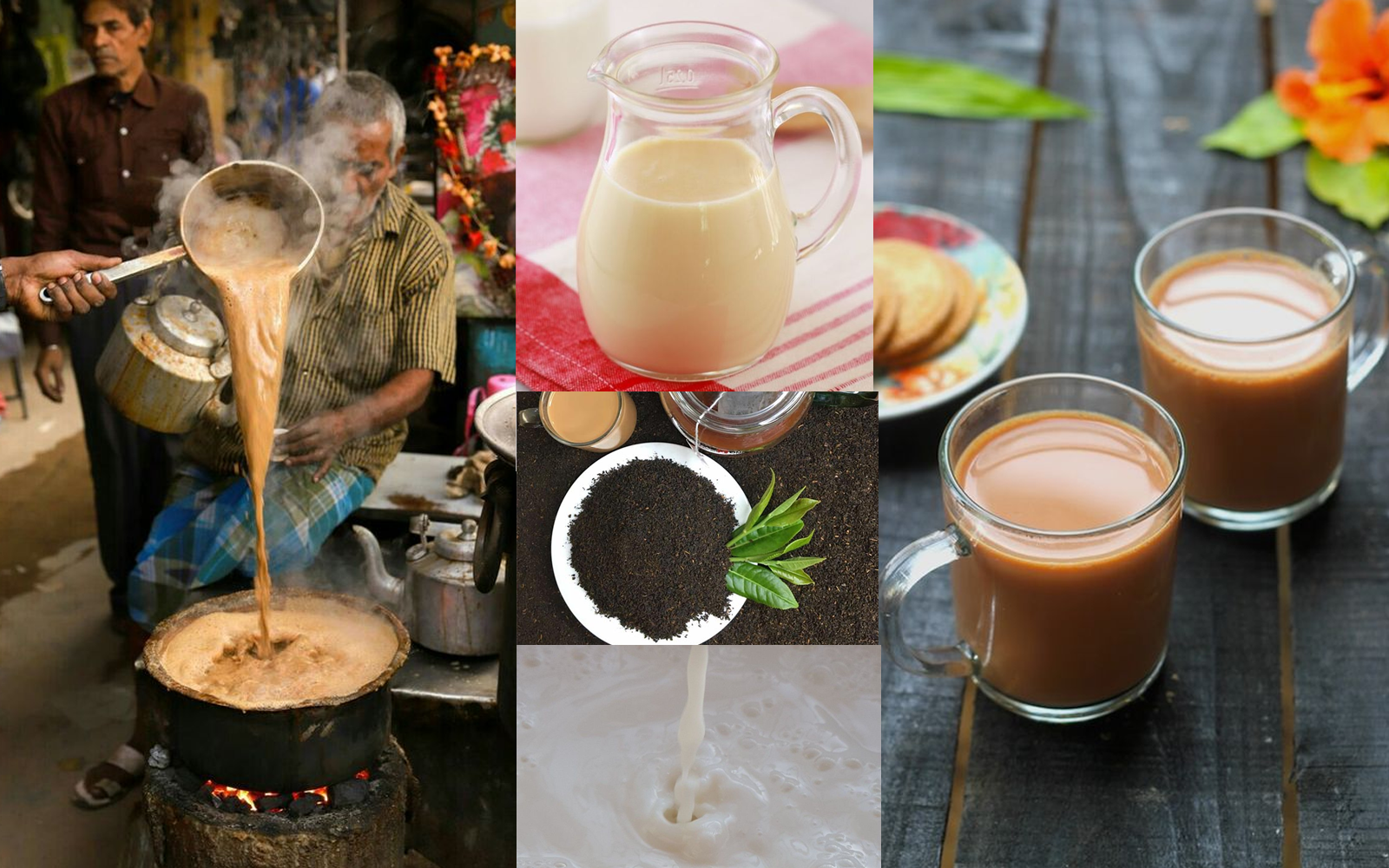
Brewing Delicious Laphet Yay at Home
You don't have to venture out to a tea shop to enjoy a cup of tea. You can recreate the experience in the comfort of your own home by following a few simple steps.
Boil 2 tablespoons of tea powder in 1 cup of water over medium heat.
Simmer for 5-10 minutes until the volume reduces by half.
Fill your cup with ½ cup of evaporated milk.
Pour the tea through a sieve into the cup.
Add 1 teaspoon of condensed milk, stir well, and it's ready to be enjoyed! If you enjoy Kya Seint, simply add more tea and just half a teaspoon of condensed milk and evaporated milk. For those who prefer Pawt Seint, use a regular cup of tea with plenty of evaporated milk. And if you love Cho Seint, add 2 more tablespoons of condensed milk. With this method, you can recreate the taste of tea shops and cater to the preferences of all the household members.
You can adjust the ratio of condensed milk and tea based on your preference. To achieve a traditional aerated milk tea, pour it back and forth between two mugs, or use a milk frother for a latte effect. If you're planning to brew your own cup of Laphet Yay at home, head to nearest supercenter or market for all your tea needs!
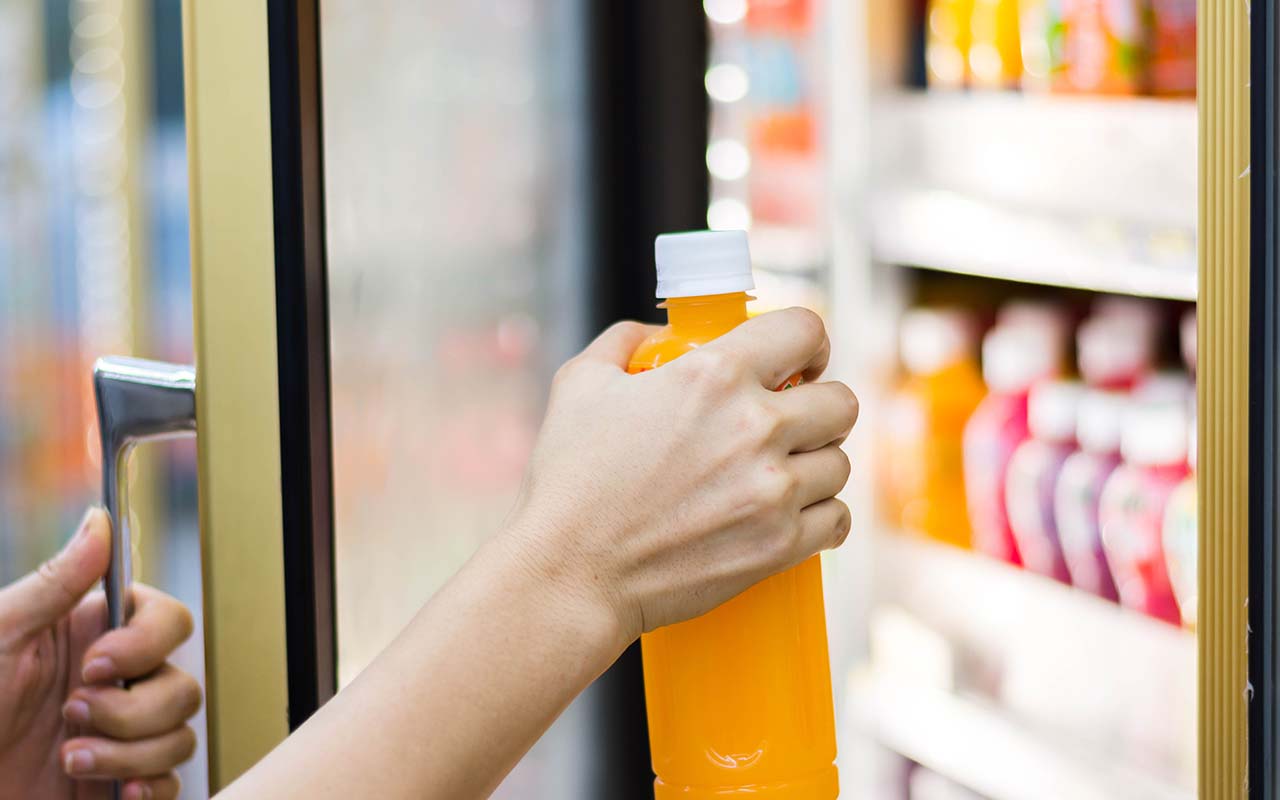
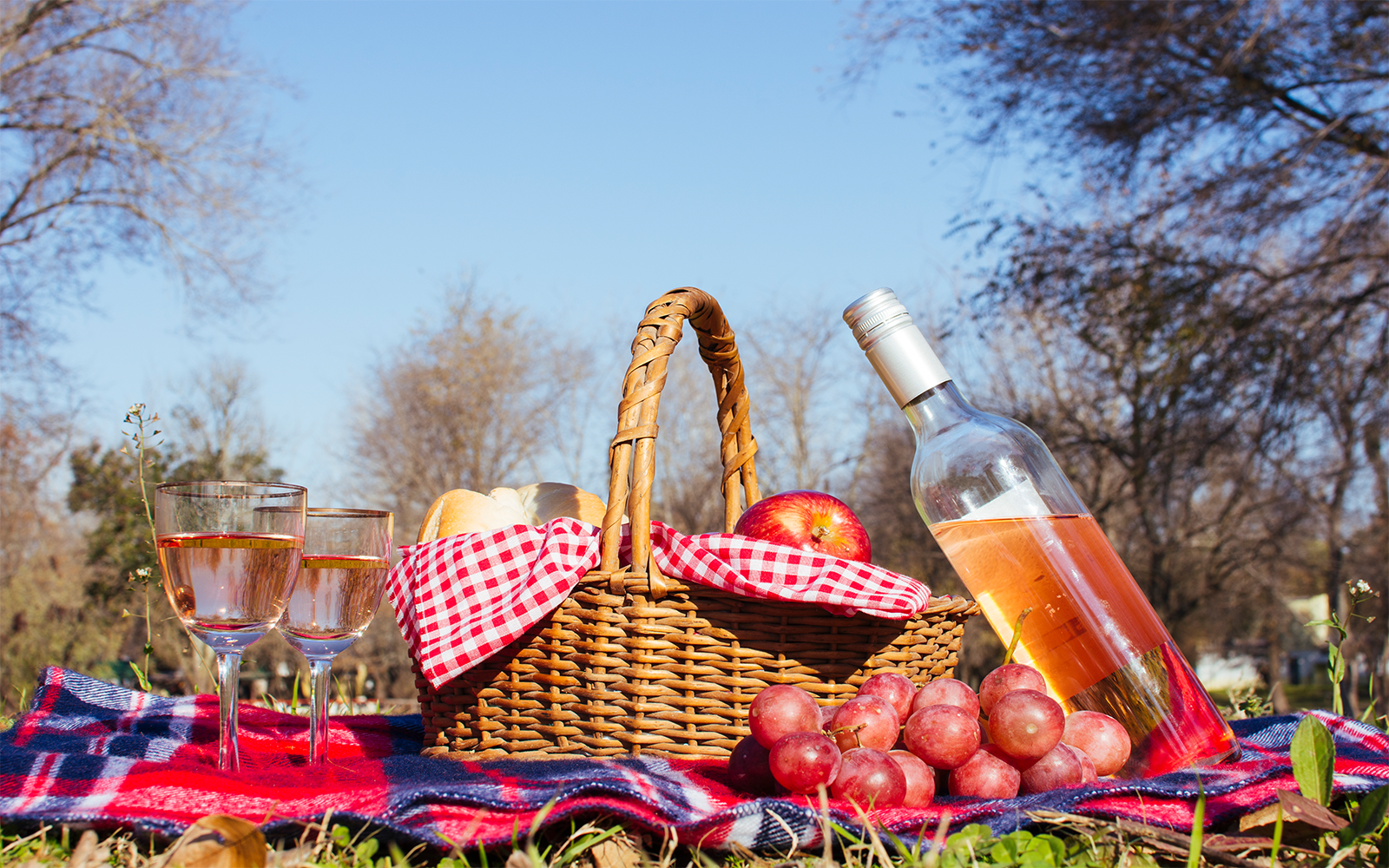
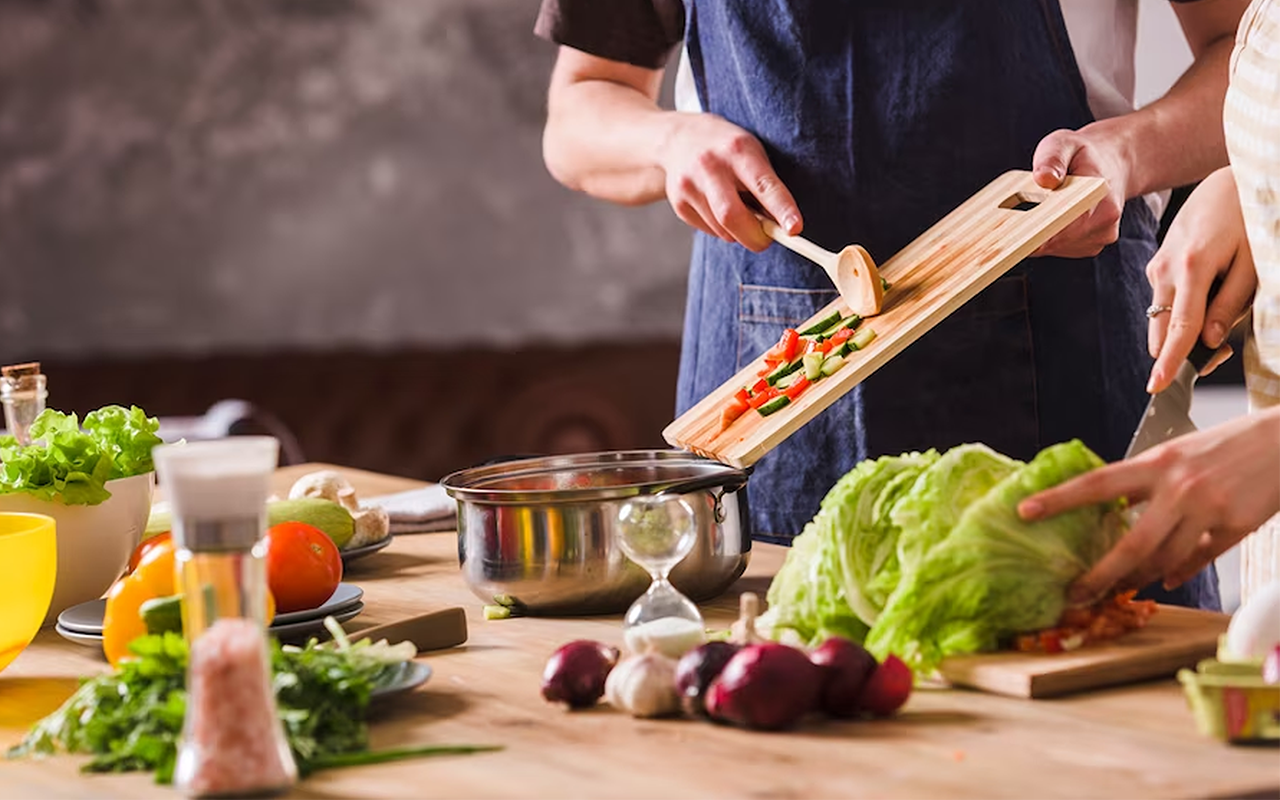
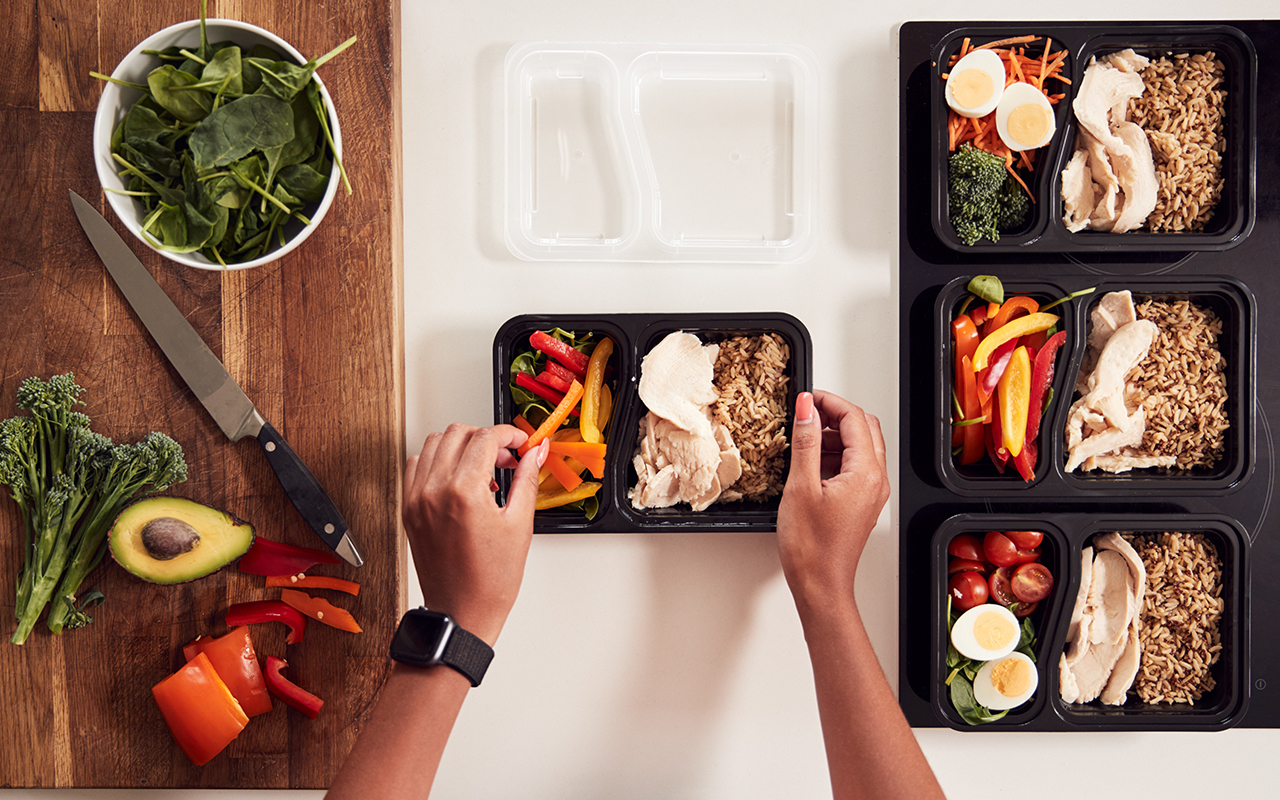
Engyin Zaw